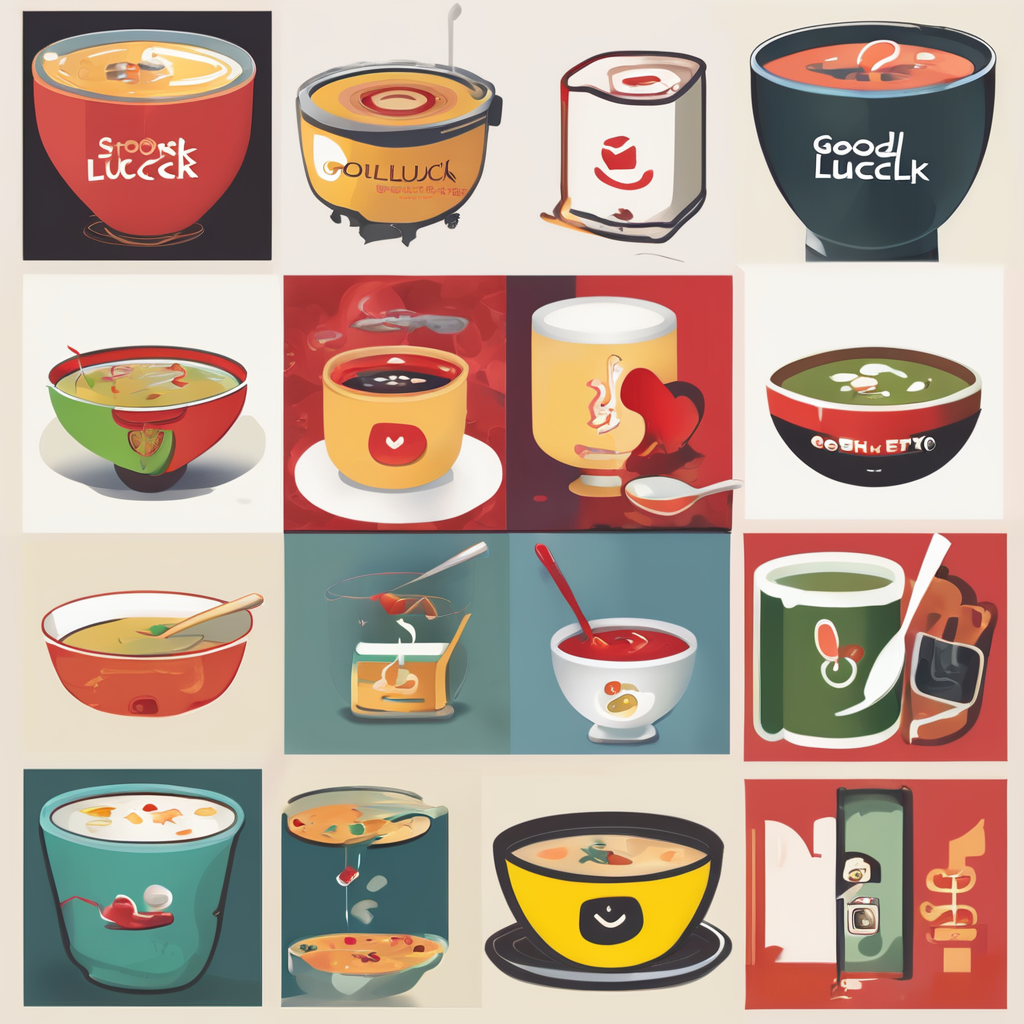Key Regulations Governing Kitchen Bar Hygiene in the UK
Understanding UK food hygiene laws is essential for maintaining a safe kitchen bar environment. The cornerstone of these laws is the Food Hygiene (England) Regulations 2006, overseen by the Food Standards Agency (FSA). These regulations establish minimum standards for food handling, preparation, and cleanliness to prevent foodborne illnesses.
One critical aspect is the requirement for kitchen bars to implement HACCP (Hazard Analysis and Critical Control Points). HACCP serves as the foundation for effective food safety management by identifying potential hazards and controlling risks at key stages in food preparation. Compliance with HACCP principles is not optional; it is mandatory, ensuring constant vigilance against contamination.
Also to see : What are the essential ingredients for a perfect UK kitchen restaurant menu?
Recent legislative updates have tightened compliance requirements, emphasizing stricter timelines for meeting food safety standards. The FSA continually reviews and revises these regulations, pushing for higher hygiene benchmarks across the hospitality sector. Kitchen bars must stay informed of these evolving rules to avoid penalties and ensure the safety of their customers.
Ultimately, adherence to UK food hygiene laws, plus proactive compliance with Food Hygiene Regulations through HACCP, creates a robust framework that safeguards both public health and business reputation in kitchen bars.
Topic to read : How can UK restaurants implement sustainable practices?
Essential Daily Practices for Hygiene Maintenance
Small steps make a big difference in kitchen bar hygiene.
Maintaining daily hygiene routines is crucial for complying with UK food hygiene laws. Structured cleaning schedules ensure all surfaces, utensils, and equipment are sanitized thoroughly to prevent contamination. Cleaning should follow a logical sequence, typically from the cleanest to the dirtiest areas, using approved sanitising agents to meet Food Hygiene Regulations.
Preventing cross-contamination starts with safe ingredient handling. Separate chopping boards and utensils must be designated for raw and cooked foods. Staff must wash hands frequently and use gloves correctly, reducing contamination risks.
Proper waste management is another pillar of daily hygiene. Waste bins should be emptied regularly and kept clean to discourage pests. Integrated pest control procedures, such as regular inspections and sealing entry points, help maintain compliance requirements.
These daily practices are not just routine; they form the frontline defense endorsed by the Food Standards Agency. Consistently following these steps supports HACCP plans by minimizing hazards at critical points, ultimately safeguarding customer health and enhancing your kitchen bar’s reputation.
Staff Training and Food Safety Culture
Effective employee hygiene training is a legal and practical necessity under UK food hygiene laws. Staff must undergo mandatory induction training covering key aspects of food safety and personal hygiene before starting work. Ongoing refresher courses ensure knowledge stays current and aligned with updated Food Hygiene Regulations.
Cultivating a strong food safety culture means embedding hygiene practices into everyday behaviour. This involves clear communication of staff responsibilities regarding handwashing, proper glove use, and avoiding cross-contamination. When employees understand their roles in maintaining high standards, compliance improves noticeably.
Workplace policies should support these aims, providing written guidelines that reinforce hygiene expectations. Documentation is vital: keeping detailed records of training sessions helps demonstrate due diligence during inspections and verifies continuous staff development.
In practice, a motivated team trained to spot contamination risks will proactively uphold hygiene standards. This not only ensures regulatory compliance but also safeguards customer health and enhances the kitchen bar’s reputation as a safe, reliable establishment.
Inspection Procedures and Record-Keeping Requirements
Inspection procedures conducted by Environmental Health Officers (EHOs) are a cornerstone of enforcing Food Hygiene Regulations. EHOs assess kitchen bars by examining hygiene standards, food handling, and documentation to ensure compliance with UK food hygiene laws. They focus on critical areas, including storage, temperature control, and staff hygiene practices.
Meticulous record documentation plays a vital role during these inspections. Accurate cleaning logs, temperature monitoring sheets, and pest control records demonstrate adherence to required standards. These records offer evidence of routine checks and corrective actions, proving that the kitchen bar follows its HACCP plan and meets compliance requirements.
When non-compliance issues arise, EHOs expect prompt corrective actions to address deficiencies. Improvement plans may be requested to ensure future compliance. Regularly reviewing and updating records helps kitchen bars prepare for inspections, reduce the risk of enforcement notices, and maintain public trust.
In short, thorough inspections aligned with detailed record-keeping ensure ongoing compliance with Food Hygiene Regulations, supporting safe food practices and protecting customers in kitchen bars.
Tools, Resources, and Checklists for Effective Hygiene Management
Maintaining compliance with Food Standards Agency guidelines requires reliable tools and resources designed for kitchen bars. Hygiene checklists offer a practical method to systematically monitor cleaning schedules, sanitising procedures, and staff hygiene practices. Regular use of these checklists ensures critical steps are not overlooked, promoting consistent adherence to Food Hygiene Regulations.
Digital monitoring tools are increasingly popular, enabling kitchen bars to track temperatures, cleaning tasks, and pest control efforts in real time. These tools streamline record documentation and provide alerts for any deviations from compliance requirements, supporting proactive management of hygiene standards.
Self-assessment forms based on Food Standards Agency guidance allow kitchen bar managers to identify potential hygiene risks before formal inspections. These resources encourage continuous improvement by highlighting areas needing attention, which supports compliance with UK food hygiene laws and reinforces HACCP principles.
By combining comprehensive hygiene checklists, digital monitoring solutions, and authoritative materials from the Food Standards Agency, kitchen bars can uphold a robust hygiene management system. This approach not only satisfies legal obligations but also fosters a culture of safety and trustworthiness among staff and customers alike.
